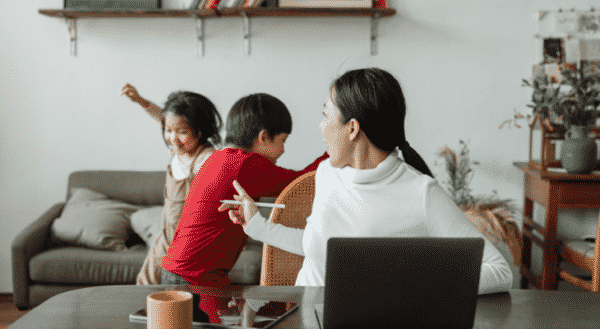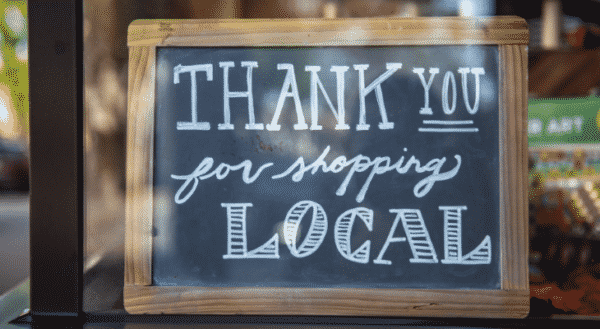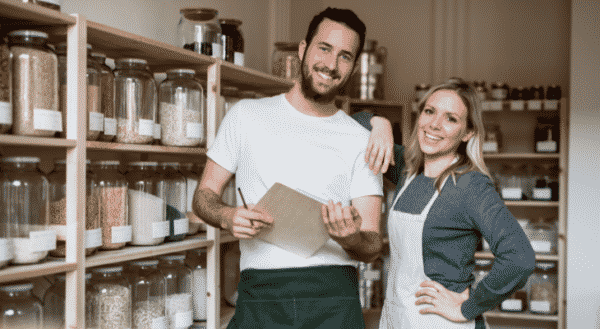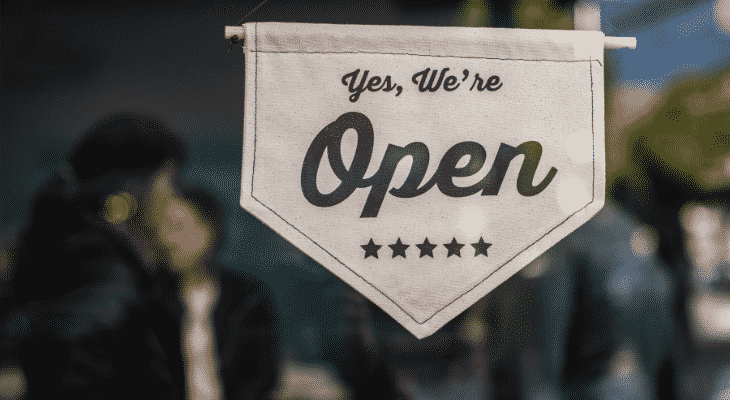Navigating the new consumer mindset in 2022 and beyond
As brand owners and marketers, understanding and responding to our various audience and stakeholder needs is at the core of our businesses.
But the past two years of “living with COVID” has brought a seismic shift in consumer sentiment that, for many brands, requires a new attitude and approach to maintain connection and cut-through, and ultimately drive sales.
According to Gillian Fish, CEO of leading wellbeing and good living marketing firm The 6AM Agency, it’s critical businesses understand the new consumer mindset, how they have evolved during the pandemic and the macro influences impacting decision-making.
“COVID has thrown us into complete turmoil; it’s been an accelerator and a disruptor, yet we’ve had to slow down. The push-pull tension we’re feeling is palpable. It’s like being on a roller coaster that just suddenly stops,” she says.

Gillian Fish, CEO, The 6AM Agency
Google Search puts some science behind the scenarios we’re living with – our homes have become a school, a restaurant, a place of wellbeing, yet the space itself has not changed. Searches for beauty, personal care, groceries, home entertainment, hobbies and leisure have grown by approximately 10 times across a variety of sectors.
Source: Google internal data, US,UK, IN, 2019 versus January- May 2020
“The biggest changes have happened here in homes, not in the world. We’ve needed to change the way live, interact, think, work and play. It feels like it will never be the same.”
Ms Fish says this enormous change brings a sense of grief. “Everyone has lost something, the way things used to be, and as a society, we’re feeling a deep sense of grief for what we have lost forever.”
She says it’s critical brands move to understanding the emotional state of their audiences to be able to walk with them on this journey.

“Many people have experienced great trauma, losing loved ones, lost their jobs, or are living with domestic violence in lockdown, while others are experiencing this time as one of opportunity and great possibility, enabling them to reach for the dreams they’ve always wished for,” she says.
“Neither is right or wrong, but it’s essential for brands to read the audiences, to understand their sentiment and to interact with relevance and authenticity.”
“We can’t afford to only see our audience as a demographic or an age group because within that you have so many experiences, and different directions people are taking after the disruption of the pandemic.
“This seismic shift is real, and brands must move to understanding what truly matters and where the audience sits on the mental wellbeing scale.”
Macro shifts
Ms Fish says there are six contextual macro shifts impacting our choices:
- Empowered wellbeing – Health is at the front of the agenda; consumers have been actively searching how to build immunity, be healthier and are far more knowledgeable. Brands must elevate their stories to meet the consumer’s new level of education.
- Seeking value – With consumers searching for trust and credibility, brands need to level up how they articulate value proposition.
- Keeping it local – We have all been in lockdown, limited to 5kms, our universes have shrunk. We also want to help others so messaging around ‘supporting local’ is key now. Where do our ingredients come from, for example?
- Slowing down – We’re all focusing on the things that matter and trying to slow down. Busy is no longer a goal.
- Making meaning – Purpose is more important than ever. It’s the new North Star for many and should be a key focus for brands.
- Uncertainty reigns – We’re cautious and reluctant to commit in times of uncertainty. We’re seeking shorter, sharper more meaningful experiences and consumption until day to day living stabilises.

How brands can win
While navigating the current climate is unique for all businesses, Ms Fish has created a roadmap to help guide health and nutrition brands across categories connect with their audiences.
Key takeaways:
-
From B2C to B2H
We must think of our audiences as human beings, not customers, as we have needed to get to know more about them as all our worlds of work and home have merged. This means we have to look beyond the front door where brands have perhaps not entered before to connect and create deeper personal experiences.
-
Mental wellbeing matters for everyone and everything
Many of us are operating with mild niggling anxiety and a coping mentality. Brands focused understanding the sentiment with relevance in communication and on re-building trust will win.
-
Recuperative living
To cope, we’ve pared back to the essentials – who we spend our time with, what we do with our time and what we spend our money on. We’re seeking bite sized moments of care and recuperation – moments that matter.
-
Essentialism
Less has never been more. Essentialism is the remedy for recuperative living. We’re more focused on human connection, less on consumption and making each moment count.
-
Build trust over time
For many brands it’s time to engage in deep listening to understand audiences and build trust over time, for the brands that are trusted are the ones that win the marathon not the race.

-
Cocooning is back
Coined by Faith Popcorn in the 1980s, cocooning is the need to protect ourselves from the “harsh, unpredictable realities of the outside world”. Brands need to consider their relevance to their audiences in their homes and how they can create a sense of calm.
-
Nostalgia
It’s like the comfort food of advertising, “going back to what grandma did” allows us to relive happy memories that help to keep us grounded and feeling safe during uncertain times.
-
Food as medicine
A movement firmly on the rise in Australia for years, consumers are now calling on brands for more information about ingredients, provenance, efficacy, to ensure that what they consume contributes to optimal health.
-
Plant more
Seek ways to replace animal-based ingredients with plants, and if it is already plant-based, make sure it’s healthy. Incorporate plant-based materials for packaging too, so we are kind to the planet as well as to us.
-
Reusable everything
Climate change has affected everyone in Australia in some way – from droughts, to floods and fires, we’re alert for brands making small incremental changes. Now is the time to commit to building sustainable brands.
Lisa Crawford Jones is an award-winning journalist, business consultant, and Content Manager to Naturally Good.
-
Get your FREE ticket
- REGISTER FOR FREE
